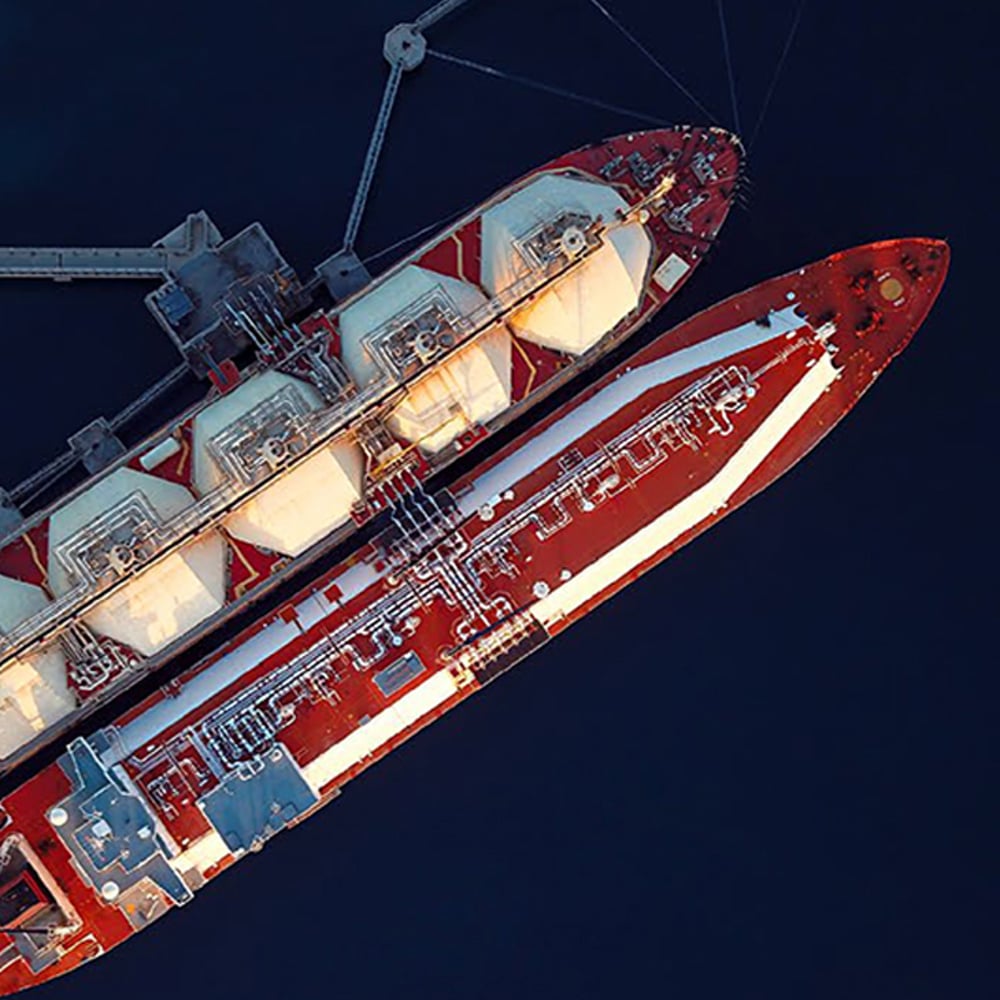There is an urgent need for universal methane measurement standards and regulatory frameworks to drive adoption of technologies reducing methane emissions from ships, according to the Methane Abatement in Maritime Innovation Initiative (MAMII).
MAMII’s report warns that without a unified system for measuring methane emissions from vessels, progress on cutting emissions will be slowed.
The maritime methane group calls for the creation of globally standardised measurement and monitoring frameworks, and the creation of technology-centric regulatory frameworks incentivising the development and adoption of methane abatement technologies.
Panos Mitrou, Chairman of MAMII, stated:
“From better engine combustion, to the abatement or catalysis of harmful gases and the blending of hydrogen with traditional fuels, the range and potential of these technologies have exceeded our expectations. It’s clear that with informed and early decision-making, we have the tools to abate methane.
“Yet, without a universally accepted certification method or regulatory framework providing business-critical incentives, the progress and adoption of these technologies will face significant delays.”
The report, the first from MAMII, details the first two years of the group’s activities, including successful trials of various technologies to reduce methane slip. MAMII is developing measurement guidance, organising trials, and adapting the most promising solutions for detecting and abating methane emissions.
MAMII stresses the need for industry collaboration on standardised measuring and monitoring of methane emissions for greater transparency of actual engine methane slip. The report calls for a regulatory regime to eliminate uncertainty and provide “business-critical” incentives for industry-wide development and uptake of methane abatement technology.
Led by Safetytech Accelerator since 2022, MAMII was established to address methane emissions from ships using LNG as fuel. The initiative aims to reduce the environmental impact of LNG by reducing methane slip to near zero.
Up to 40% of new vessels could run on Liquified Natural Gas (LNG), which will see widespread use as a low-carbon fuel as the shipping industry looks to meet carbon reduction targets.
To deliver the full GHG benefit of LNG, the escape of methane into the atmosphere must be minimised. Methane, as a greenhouse gas (GHG), is the second largest contributor to climate warming after CO2.
MAMII members
- BP
- Capital Gas
- Carnival Corporation & plc
- Celsius Tankers
- Chevron
- CMA CGM
- CoolCo
- GTT
- JPMorgan
- Knutsen Group
- Lloyd’s Register
- Maran Gas Maritime
- Mediterranean Shipping Company
- Mitsui O.S.K. Lines
- GTT
- MISC
- NYK Line
- Seapeak
- Seaspan Corporation
- Shell
- TMS Cardiff Gas
- Total Energies
- UK P&I Club
- United Overseas Management






